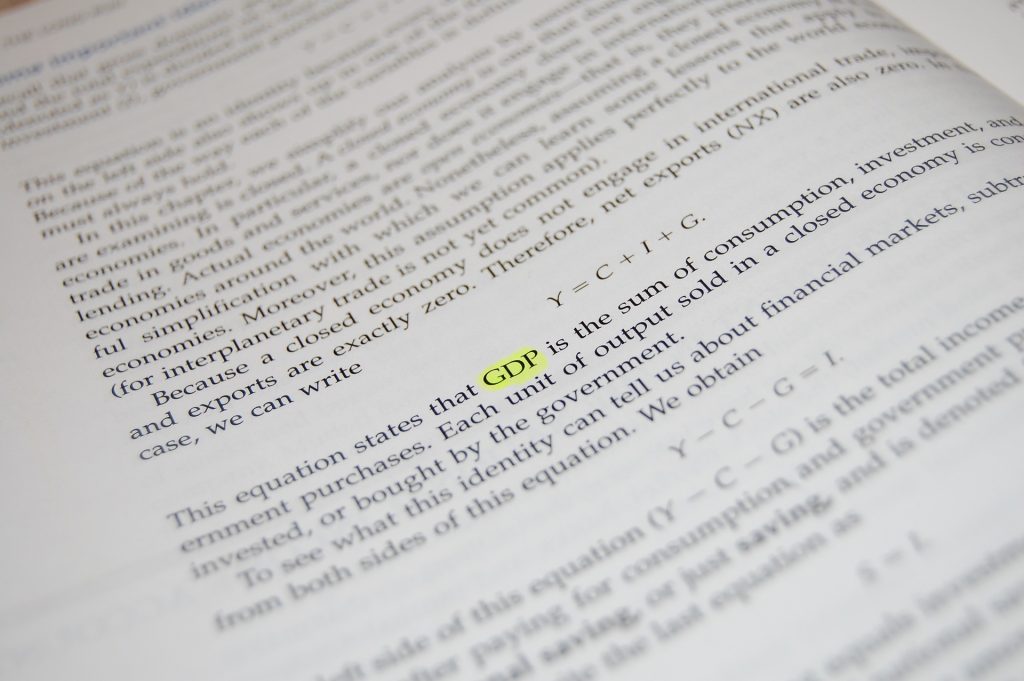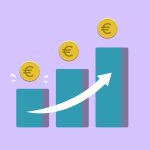July the 2nd, 2024 – Looking at the month of May, Croatian economic growth has remained stable, with consumption on the up.
As Poslovni Dnevnik writes, data released by the Central Bureau of Statistics (DZS) which was published on Friday shows that in May, consumption in real terms increased by 0.6 percent compared to April. When that is compared to May last year, it increased by as much as 8.4 percent.
Croatian economic growth remains stable and is determined by personal consumption, which has grown freely for the 14th month in a row. Economic analyst Petar Vušković stated that a drop in prices should be expected only when the growth of personal consumption stops.
what influences long term croatian economic growth, and consumption growth?
The data issued by the Central Bureau of Statistics (DZS) on Croatian economic growth and its stability also revealed that retail consumption in May grew for the 14th month in a row on an annual basis, according to N1.
Economic analyst Petar Vušković noted that stable Croatian economic growth determines the growth of personal consumption. Detailing more from the aforementioned, he also added that when personal consumption growth stops, prices will gradually start to fall.
Vušković was asked what influences this long-term growth of personal consumption in Croatia.
“The growth of personal consumption is influenced by the psychology of the new currency, the euro, the growth of wages and pensions, and transmission money from EU funds. Personally, I think that the prices of goods on the shelves in euros is still causing people issues. Nominally, they seem to be 7.5 times lower than when Croatia had the kuna, although of course this isn’t at all true. Consumers still don’t really understand this illusion of prices and this is reflected on their spending on food and non-food products. It’s a market mirage that traders very skillfully use,” he pointed out.
eu funds, and wage and pension growth
“The government generated personal consumption and inflation at the same time. They presented inflation as a sin, and while they were condemning that sin, they were committing it at the same time,” he believes.
The third reason is the European Union money allocated to enterprises.
“Behind such transmission money is the direct purchase of machines, vehicles, office equipment… We gratefully received money from the EU, but in fact we received a Trojan horse in the form of inflation. The growth of personal consumption, that is, Croatian economic growth, seriously pushes us forward on the scale of economic development, where we’re now leapfrogging some other European countries that were once ahead of us. That’s the good side of the growth in personal consumption,” explained Vušković.
According to him, the downside of this sort of growth is that it continuously creates inflation.
“Only excellent economists know how much to reduce personal consumption by reducing inflation, while keeping GDP rates higher. It’s a question of good monetary policies, which, unfortunately, Croatia lost by accepting the euro”, concluded economic analyst Vušković.











